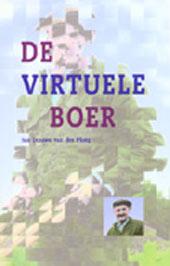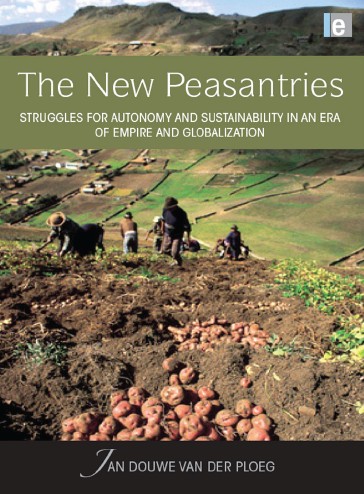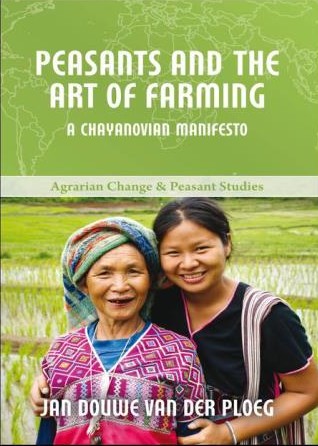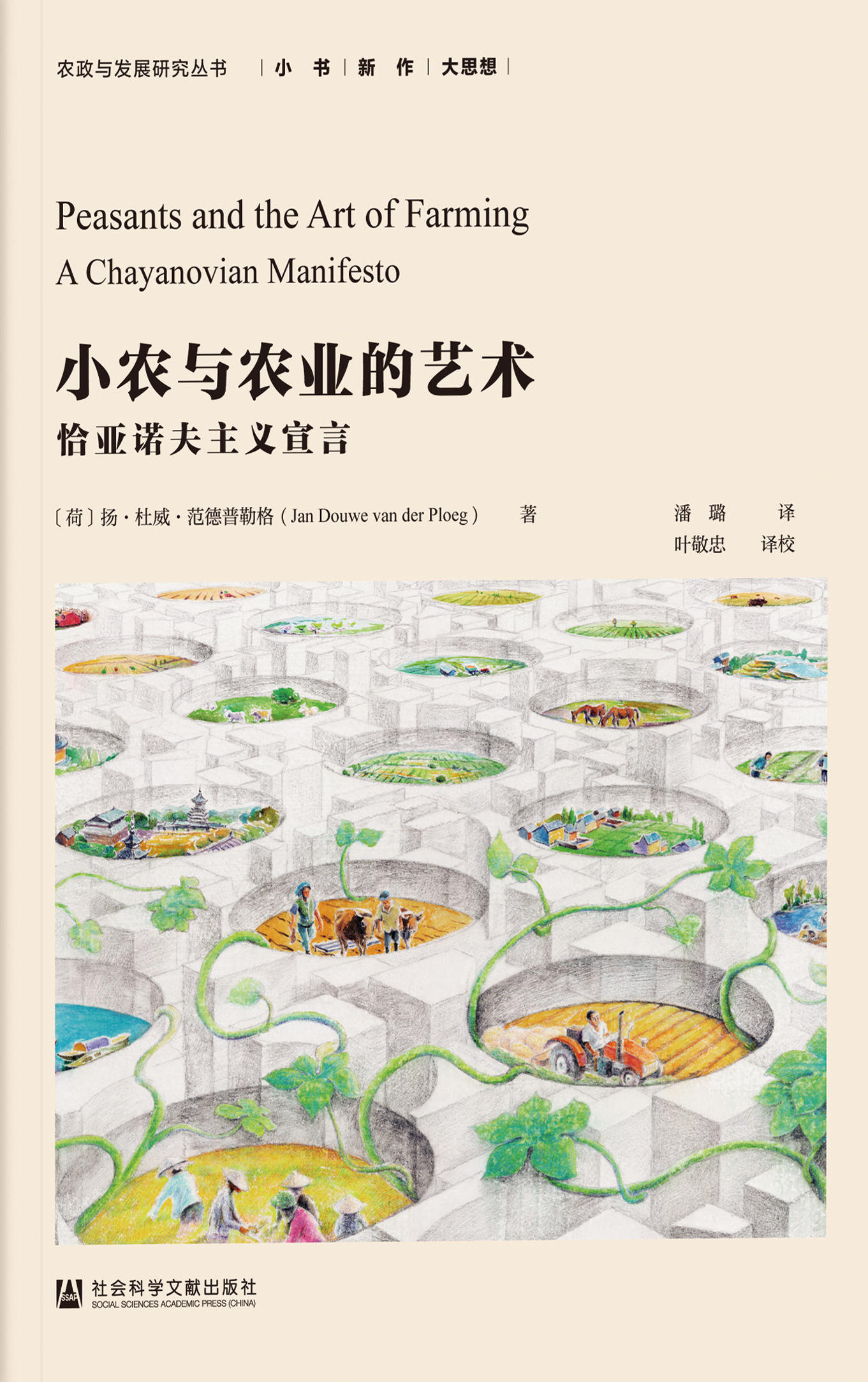www.commonssense.it
The New Peasantries: Struggles for Autonomy and Sustainability in an Era of Empire and Globalization, Earthscan (London), 2008luigirussi
by Jan Douwe van der Ploeg
In The New Peasantries, Jan Douwe van der Ploeg offers a masterful depiction of the inner workings of Empire. In this respect, his work is a much-needed extension of the magnum opus by Hardt and Negri. In fact, it looks at Empire not so much through a focus on “boundary shifts located at the outer borders and on the politico-military aspects that are associated with them” (p. 235), but rather in its inner workings as an ordering principle.
In this respect, van der Ploeg focuses specifically on the changes occurring in the field of food and farming, where Empire appears as a “complex, multilayered, expanding and increasingly monopolistic set of connections (i.e. a coercive network) that ties processes, places, people and products together in a specific way” (p. 255). In particular, this re-patterning of food production in agriculture occurs in a way that suppresses all forms of agency beyond those which can be controlled at a distance from the core of the imperial constellation. In this respect, the many peasant innovations aimed at enabling the co-production of man and nature are systematically suppressed – if not outright outlawed – in favour of practices that streamline and engineer food production in ways that enable the syphoning of value towards the core, understood as the space from which control and access to the flows associated with production and consumption are determined.
In illustrating these basic ideas, van der Ploeg uses a wealth of different examples from around the world: from the struggles of the peasant community of Catacaos against takeover from industrial asparagus production in Peru to the imperial behemoth that was Parmalat in its attempt to re-engineer “fresh” milk in ways that would have undermined (perhaps irreversibly) a quality dairy producing district as is that in the Parma region of Italy.
One other feature that makes the book extremely interesting is van der Ploeg’s ability to bridge the gap between actor-network and structural approaches. In particular, he manages to speak of Empire using the approach of science and technology studies, focused on tracing actor networks and following them in the building of situated socio-technical worlds. Actually, van der Ploeg manages to demonstrate that Empire is precisely about re-patterning agency within coercive networks characterised by controllability above and beyond practical efficiency or sustainability. In the process, van der Ploeg also manages to provide a convincing, compelling answer to the debate on the contemporary food regime. In particular, he states that the central feature of the contemporary food system is its “imperial” character, whereby relations are patterned in ways that syphon value away from the level where food is produced or consumed, but towards the spaces where relations of food production and consumption are coercively re-patterned and controlled.
A powerful antidote to imperial takeover, van der Ploeg concludes, is the peasant principle: an emancipatory notion guiding peasant struggles against imperial attempts to stamp out the peasantry. In essence, it focuses on the building of local solutions to global problems; an approach that affords the peasantry with flexibility and superior efficiency, thereby enabling a quiet but steady subversion of imperial patterns. The importance of the peasant principle, van der Ploeg argues, is not to be underestimated, and it will – as the fragility of Empire increases – become the fil rouge of a set of interconnected struggles, both in rural and urban areas (where experiments in urban agriculture are increasingly shaped by a similar thrust).
All in all, van der Ploeg has managed to pull together an outstanding work that bridges agriculture, political economy and critical theory, giving birth to a compelling account of the modern (sorry) state of industrial food and farming, while simultaneously managing to highlight the many promising ways forward that are being crafted piecemeal by unassuming peasants around us.
zie website: http://www.commonssense.it/s1/?p=996
NIEUW
Jan Douwe van der Ploeg
Formerly Professor and Chair of Rural Sociology and Emeritus professor of Transition Studies at Wageningen University (WUR), the Netherlands and Adjunct Professor of Rural Sociology at the College of Humanities and Development Studies (COHD) of China Agricultural University (CAU) in Beijing, China.
e-mail: klik hier
Jan Douwe van der Ploeg
Formerly Professor and Chair of Rural Sociology and Emeritus professor of Transition Studies at Wageningen University (WUR), the Netherlands and Adjunct Professor of Rural Sociology at the College of Humanities and Development Studies (COHD) of China Agricultural University (CAU) in Beijing, China.
e-mail: klik hier





